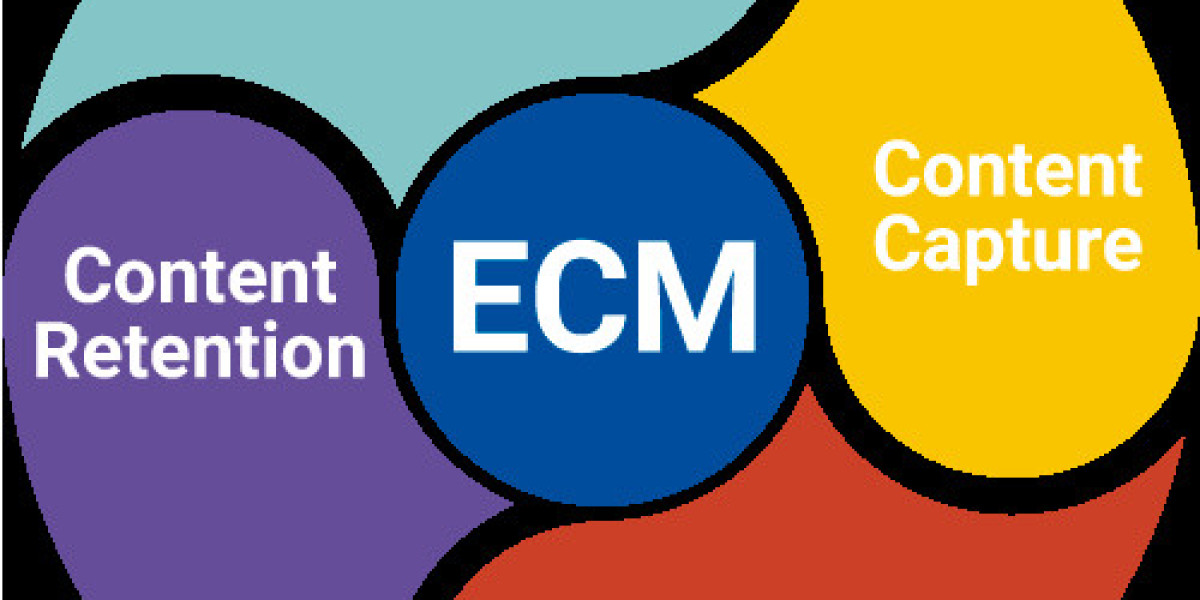Introduction
Enterprise Content Management (ECM) is a comprehensive solution designed to help organizations manage their content lifecycle, from creation to disposal. By streamlining content storage, access, and collaboration, ECM systems improve productivity, enhance security, and ensure regulatory compliance. In today’s digital age, where data is a critical asset, ECM has become essential for businesses seeking efficient operations and better decision-making.
Key Components of ECM
ECM systems consist of several core components that work together to manage content effectively. These include document management, which organizes files and ensures version control; records management, which helps businesses retain necessary documents for legal and regulatory compliance; and workflow automation, streamlining repetitive tasks and improving efficiency. Additionally, ECM systems include collaboration tools to facilitate teamwork and content capture technologies that digitize physical documents for easy access.
Benefits of Implementing ECM
Implementing an ECM solution offers numerous benefits to organizations. First, it enhances productivity by allowing employees to quickly locate and access important documents. Second, it strengthens data security through access controls and encryption, ensuring sensitive information remains protected. Third, ECM supports compliance with industry regulations by maintaining detailed audit trails and record retention policies. Moreover, ECM reduces operational costs by minimizing paper usage and storage requirements, contributing to a more sustainable business model.
ECM and Digital Transformation
ECM plays a pivotal role in driving digital transformation within businesses. By automating content processes and enabling remote access, ECM empowers organizations to adapt to changing work environments, such as remote and hybrid setups. It supports cloud integration, allowing seamless collaboration across global teams while ensuring data remains secure and accessible. As businesses embrace digital transformation, ECM becomes a cornerstone for achieving agility and innovation.
Choosing the Right ECM System
Selecting the right ECM system requires a strategic approach. Businesses must assess their content management needs, including document volume, user access levels, and integration with existing software. A scalable ECM solution ensures the system grows alongside the organization, accommodating future content demands. User-friendly interfaces and mobile access are also crucial for promoting adoption across all departments. Furthermore, vendors offering robust support and continuous updates ensure the ECM system remains effective and secure over time.
Future Trends in ECM
The future of ECM is shaped by emerging technologies like artificial intelligence (AI) and machine learning (ML). These innovations enhance content classification, automate metadata tagging, and enable advanced search capabilities, further boosting efficiency. Additionally, blockchain technology is gaining traction for its ability to ensure data integrity and secure digital transactions. As businesses generate more unstructured data, ECM systems will evolve to manage diverse content formats, including multimedia and social media content.
Read More - https://www.marketresearchfuture.com/reports/enterprise-content-management-market-3915
Conclusion
Enterprise Content Management is a vital tool for modern businesses aiming to streamline operations, improve collaboration, and maintain compliance. With its ability to adapt to technological advancements and support digital transformation, ECM remains a powerful asset for organizations looking to enhance productivity and future-proof their content management strategies. By investing in the right ECM system, businesses can unlock greater efficiency, security, and innovation.



